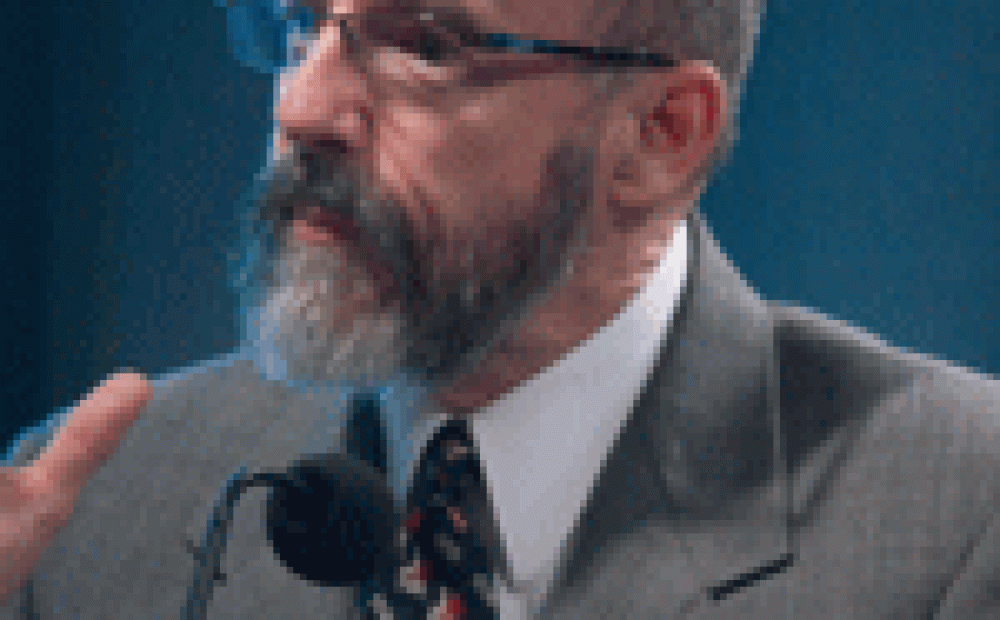The Presidential Campaign and Congress: What is at Issue?

The key issues facing the next President will be fiscal policy and national security policy, according to Professor James Pfiffner of George Mason University, but the candidates are not addressing the former because dealing with deficits, Medicare and Social Security insolvency will involve raising taxes and cutting benefits, and that's not something candidates are eager to advocate. On national security policy, the remaining Democratic candidates are pledged to begin removing our troops from Iraq shortly after they are inaugurated. If they don't keep that pledge, says Pfiffner, they will anger their base; if they do keep it and it has disastrous consequences for the U.S. and the Middle East, then they will be tagged as the party that lost Iraq. Whichever party wins the presidency, the winning candidate will likely be a one-term president given the magnitude and difficulty of the problems confronting them and the continued polarization in Congress, Pfiffner concluded.
Gary Andres of Dutko Worldwide and a former congressional relations director in the Bush I White House, agreed that political polarization has fundamentally changed how things work or don't work in Washington today. George W. Bush had his first run-in with his own party before he was even elected in 2000 when he was critical of congressional Republicans for cutting the Earned Income Tax benefits, saying they were trying to balance the budget on the backs of the poor. While he campaigned as a different kind of Republican, a compassionate conservative, and enjoyed early success with the bipartisan "No child Left Behind" initiative, with his tax cuts, and the early responses to 9/11, the situation deteriorated in 2002 when Democrats felt the President was trying to stick them with being soft on national security for partisan political reasons. While partisanship can help move things through Congress, it can also be very divisive if the minority party feels it is getting the shaft from an overly aggressive majority. Andres said that the degree of partisanship has probably made it impossible for presidential campaigns to coordinate with Congress as was done in the past. McCain is not seen as a "firebrand" conservative and Obama is trying to suggest that he will transcend partisanship to get things done. The next President will have to pay more attention to the Senate than the current President has, said Andres. It won't be enough to muscle things through the House. The people don't give Members credit for what they pass in one house; they want accomplishments. That is why Congress' approval rating is so low.
Patrick Griffin of American University and former legislative relations director for President Bill Clinton says the next President, in deciding how to govern, will have to put campaign pledges into two buckets: "those things I have some control over, and those that I don't." Griffin elaborated that "how you govern will depend on how you win. The candidate who wins will likely have only around 50.1 percent of the vote and will have to determine who voted for them and why, and then determine what issues to emphasize and which ones to put on a backburner. Another problem is that Congress will likely have its own agenda and the new President will have to take that into account in deciding which issues should have priority. A trusting relationship between the President and leadership in Congress is essential to getting anything accomplished.
All three panelists agreed that a President is better off taking a rifle approach in putting things before Congress instead of a shotgun approach. President Jimmy Carter was cited as attempting the latter approach and failing, while President Ronald Reagan was cited as taking the former approach by concentrating on tax and spending cuts and strengthening national defense. President Bill Clinton also took a targeted approach, even though it meant delaying consideration of welfare reform which was one of his campaign's signature issues. Part of the reason was that the economy needed addressing immediately, and that forced a reordering of priorities.
The 22 roundtable participants consisted of current and former congressional staff, area congressional scholars, journalists, and Wilson Center fellows and staff. One of the repeated concerns of roundtable members was the mounting economic crisis and how the next president will deal with it. Thus far the candidates have expressed a vague concern and support for some kind of further stimulus measures. But, as Professor Pfiffner observed, there is no single magic bullet available to a President to cure what is largely a problem of a private economy.